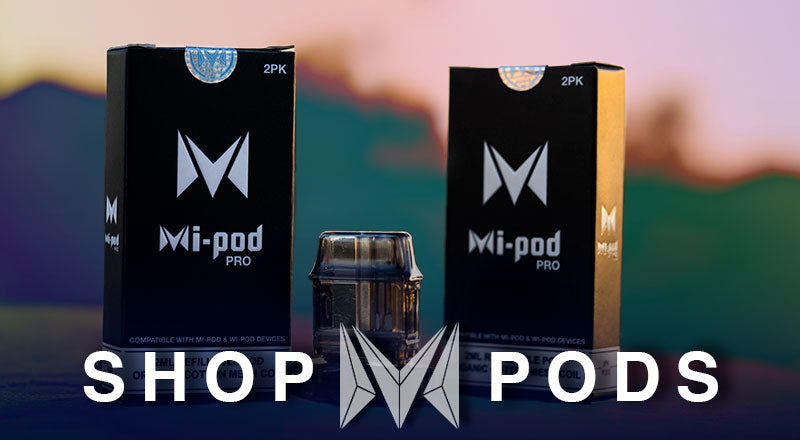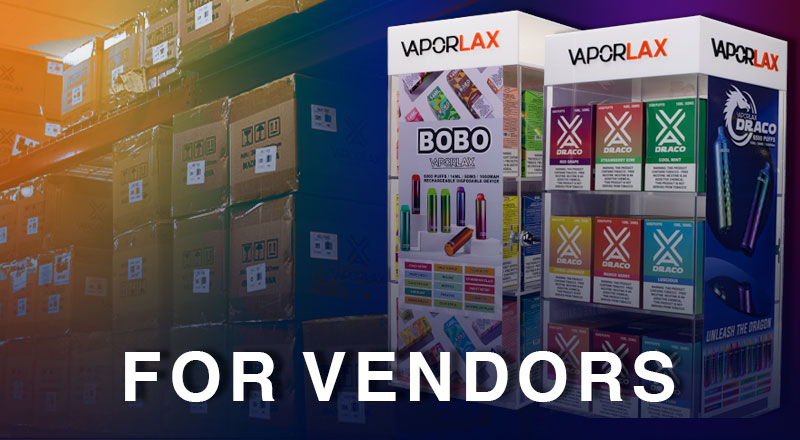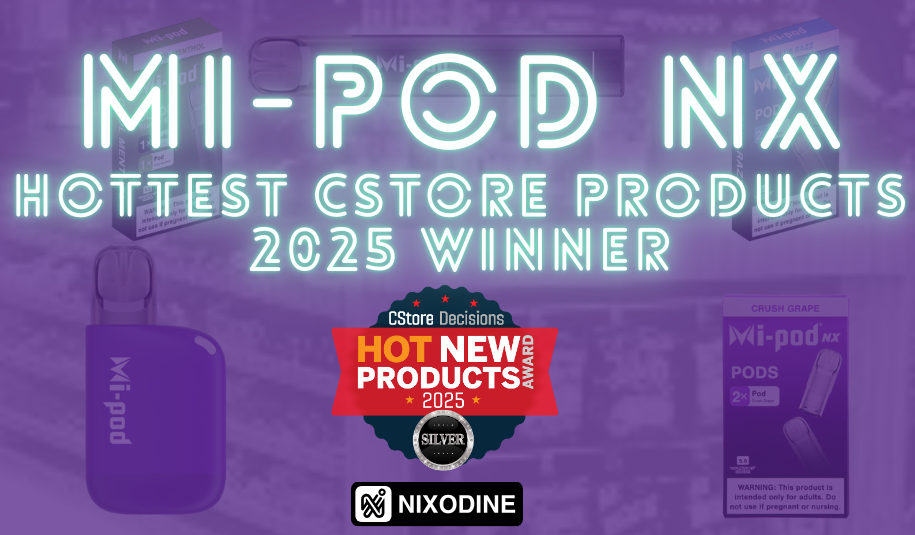Fifth Circuit Upholds FDA’s Marketing Denial for Suorin Air Device
In a decision with implications for PMTA applicants across the vaping sector, the U.S. Court of Appeals for the Fifth Circuit has upheld the FDA’s marketing denial order (MDO) for the Suorin Air open-system device. The ruling affirms the agency’s authority to strictly control its deficiency letter process and reinforces the evidentiary bar for demonstrating a product is “appropriate for the protection of public health” under the Tobacco Control Act.
Background of the Case
The case stems from a premarket tobacco product application (PMTA) submitted by Shenzhen Youme Information Technology Co., Ltd., seeking FDA authorization for its refillable Suorin Air system.
July 2022 – FDA completed an initial review.
March 2023 – Agency issued a single deficiency letter, focusing on abuse liability—specifically, whether the product’s design and nicotine delivery could foster dependence or sustained use.
January 2024 – After Youme’s partial response and denied extension request, FDA issued an MDO.
The manufacturer, joined by Texas-based Vape-E-Way to establish jurisdiction, challenged the denial on several grounds, including:
Alleged failure by FDA to properly weigh risks vs. benefits.
Claim of a “change-in-position” without adequate notice.
Objection to the single-deficiency-letter policy and FDA’s rejection of proposed mitigations, such as recommending lower nicotine concentrations.
Fifth Circuit’s Findings
Despite the Fifth Circuit’s history of rulings favorable to the vapor industry, the court fully sided with FDA:
Reasonable and Well-Explained – The panel found FDA’s focus on abuse liability to be legitimate and tied directly to the statutory mandate.
Single Deficiency Letter Policy Upheld – Court agreed that limiting correspondence to one deficiency letter was not arbitrary or capricious; applicants were on notice since FDA announced the policy in June 2021.
Mitigation Measures Rejected – Recommendations like limiting e-liquid strength were deemed insufficient due to concerns over consumer comprehension and enforcement practicality.
Industry Takeaways
This ruling underscores several key realities for manufacturers and distributors:
Abuse Liability is Central – Open-system devices, especially those compatible with a range of nicotine concentrations, face heightened scrutiny for potential overuse or misuse.
One Shot to Respond – With FDA’s one-deficiency-letter approach, applicants must ensure responses are comprehensive and backed by robust scientific data.
Mitigation Strategies Need Rigor – Vague or voluntary usage recommendations are unlikely to satisfy FDA’s public health standards.
What This Means for Future PMTAs
While the decision does not change the Fifth Circuit’s broader receptiveness to legitimate industry challenges, it also highlights the increasingly rigid and unforgiving nature of the FDA’s PMTA process. The agency’s one-deficiency-letter rule leaves little room for collaborative problem-solving and risks shutting viable products out of the market over procedural technicalities rather than substantive safety concerns.
For PMTA filers, the message is frustratingly clear: you have one chance to meet an opaque and ever-shifting evidentiary bar—particularly in subjective areas like “abuse liability.” Without greater transparency, flexibility, and engagement from FDA, this process risks functioning less as a public health review and more as a gatekeeping tool that narrows consumer choice and consolidates the market in favor of the largest players.






Leave a comment
This site is protected by hCaptcha and the hCaptcha Privacy Policy and Terms of Service apply.